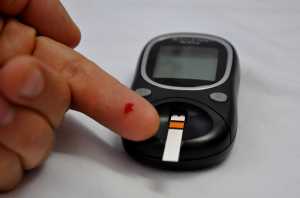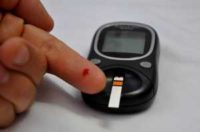
24 Jul Two-Day Fast Per Week vs Daily Calorie Restriction in Diabetes
MedicalResearch.com Interview with:
 Sharayah Carter
Sharayah Carter
PhD candidate|BNutDiet|BMedPharmSc (Hons)|APD
School of Pharmacy and Medical Sciences
University of South Australia
MedicalResearch.com: What is the background for this study? What are the main findings?
Response: Intermittent energy restriction is a new popular diet method with promising effects on metabolic function but limited research exists on its effects on improving glycemic control in people with type 2 diabetes.
The findings of our research demonstrate that a diet with 2-days of severe energy restriction per week is comparable to a diet with daily moderate energy restriction for glycaemic control.
MedicalResearch.com: What should readers take away from your report?
- A 2-day energy restricted diet is comparable to a daily energy restriction for glycemic improvement (HbA1c) over a 12-month period.
- Weight loss is also similar and may be superior with intermittent restriction.
- Fasting blood glucose, lipids levels and changes to body composition are also similar using both diet methods over 12 months.
- The 2-day diet is safe to use for people using medications not likely to cause hypoglycaemia but requires regular monitoring and medication changes if using glycemic agents likely to cause hypoglycemia.
MedicalResearch.com: What recommendations do you have for future research as a result of this work?
- Further refining of the medication management protocol is required using continuous/flash glucose monitoring to ensure safety in people using glycemic agents likely to cause hypoglycemia.
- Further investigation with a larger sample size is required to determine if weight loss is superior using intermittent restriction.
- Follow-up 12 months after the intervention period would be useful to determine if intermittent restriction is easier to maintain.
No disclosures.
Citation:
[wysija_form id=”3″]
[last-modified]
The information on MedicalResearch.com is provided for educational purposes only, and is in no way intended to diagnose, cure, or treat any medical or other condition. Always seek the advice of your physician or other qualified health and ask your doctor any questions you may have regarding a medical condition. In addition to all other limitations and disclaimers in this agreement, service provider and its third party providers disclaim any liability or loss in connection with the content provided on this website.
Last Updated on July 24, 2018 by Marie Benz MD FAAD
